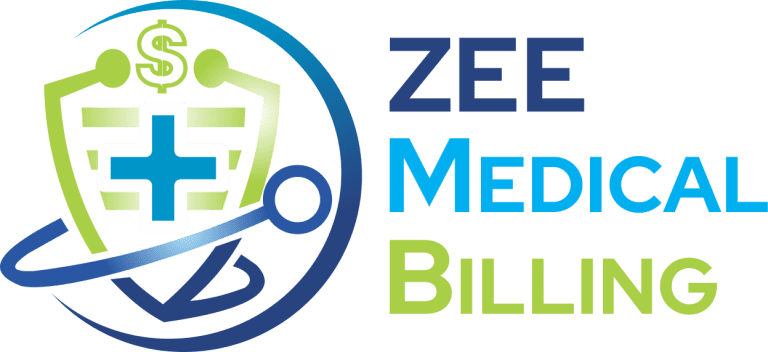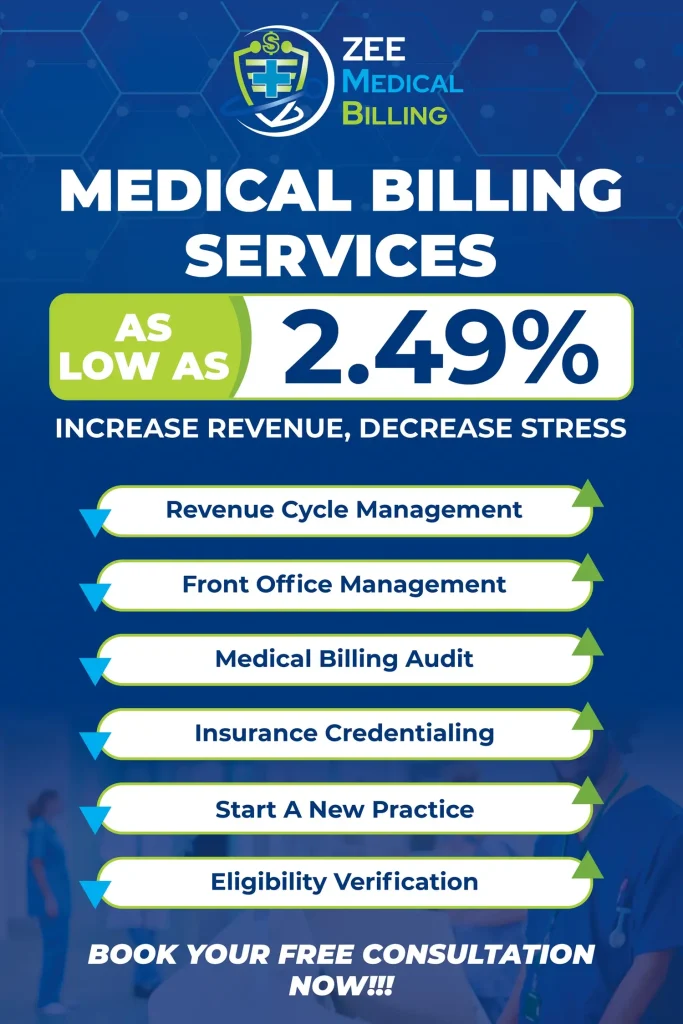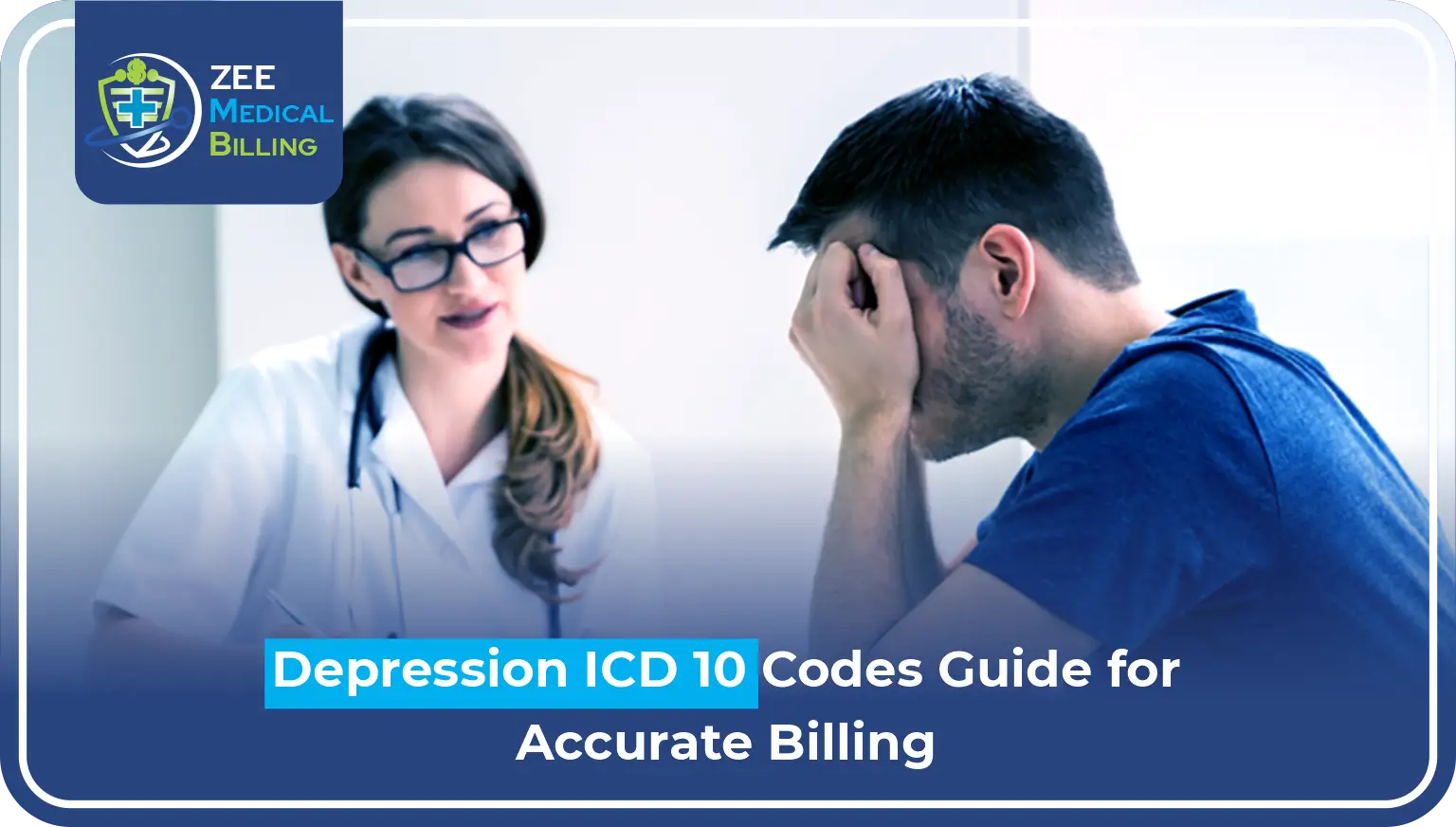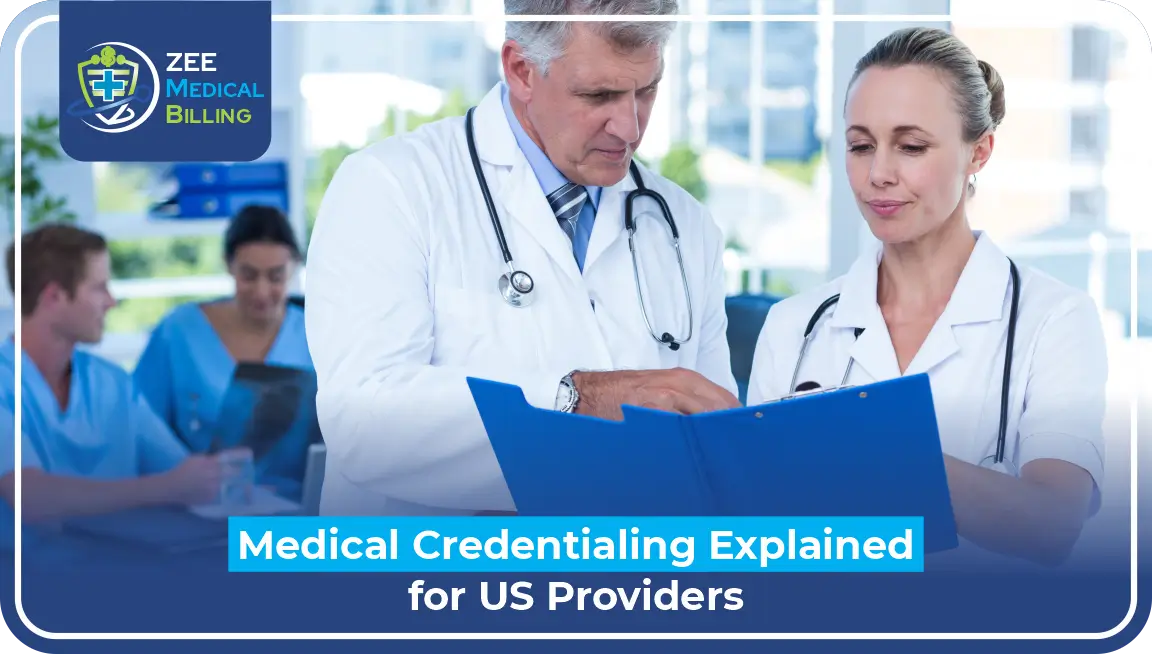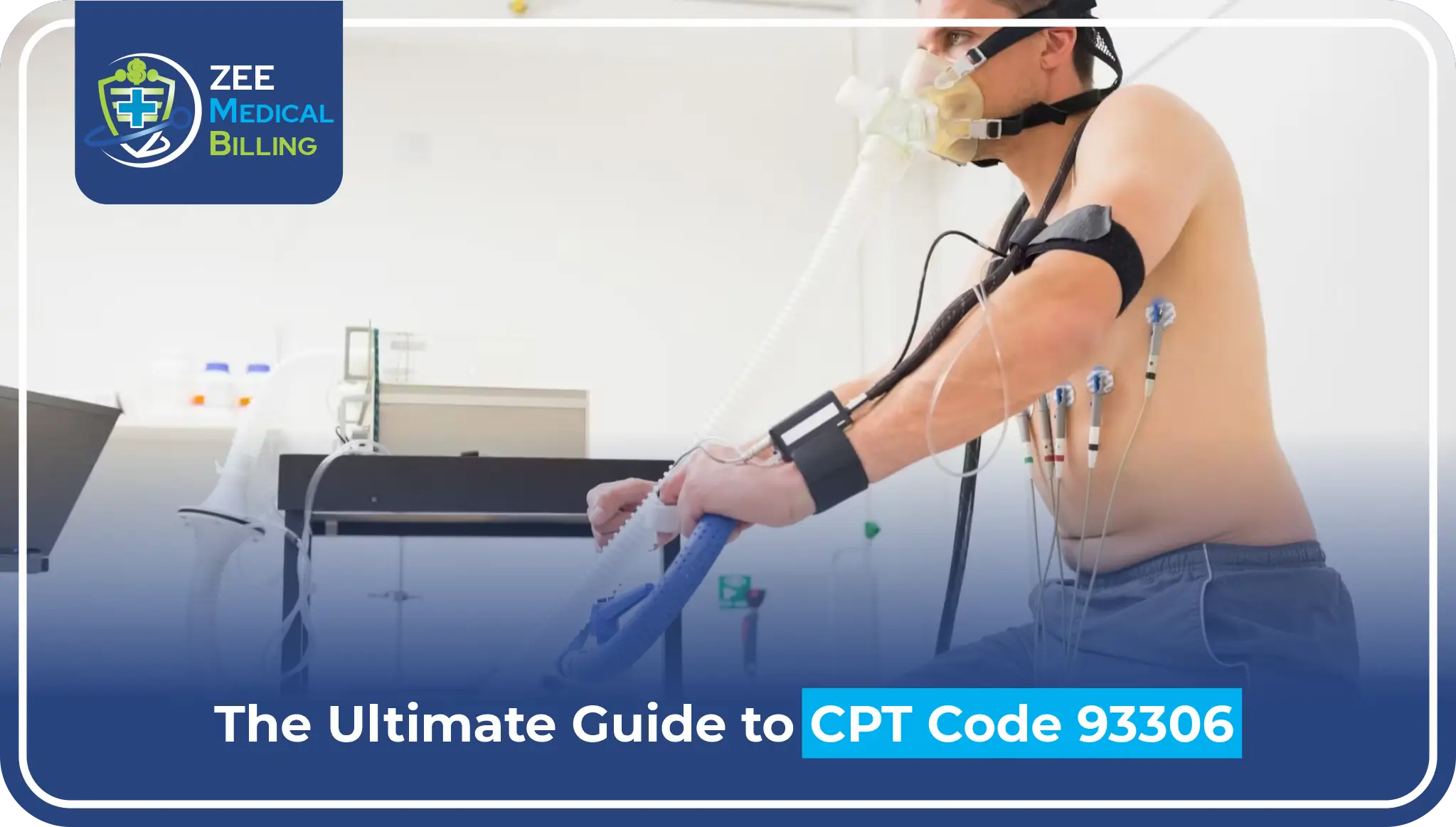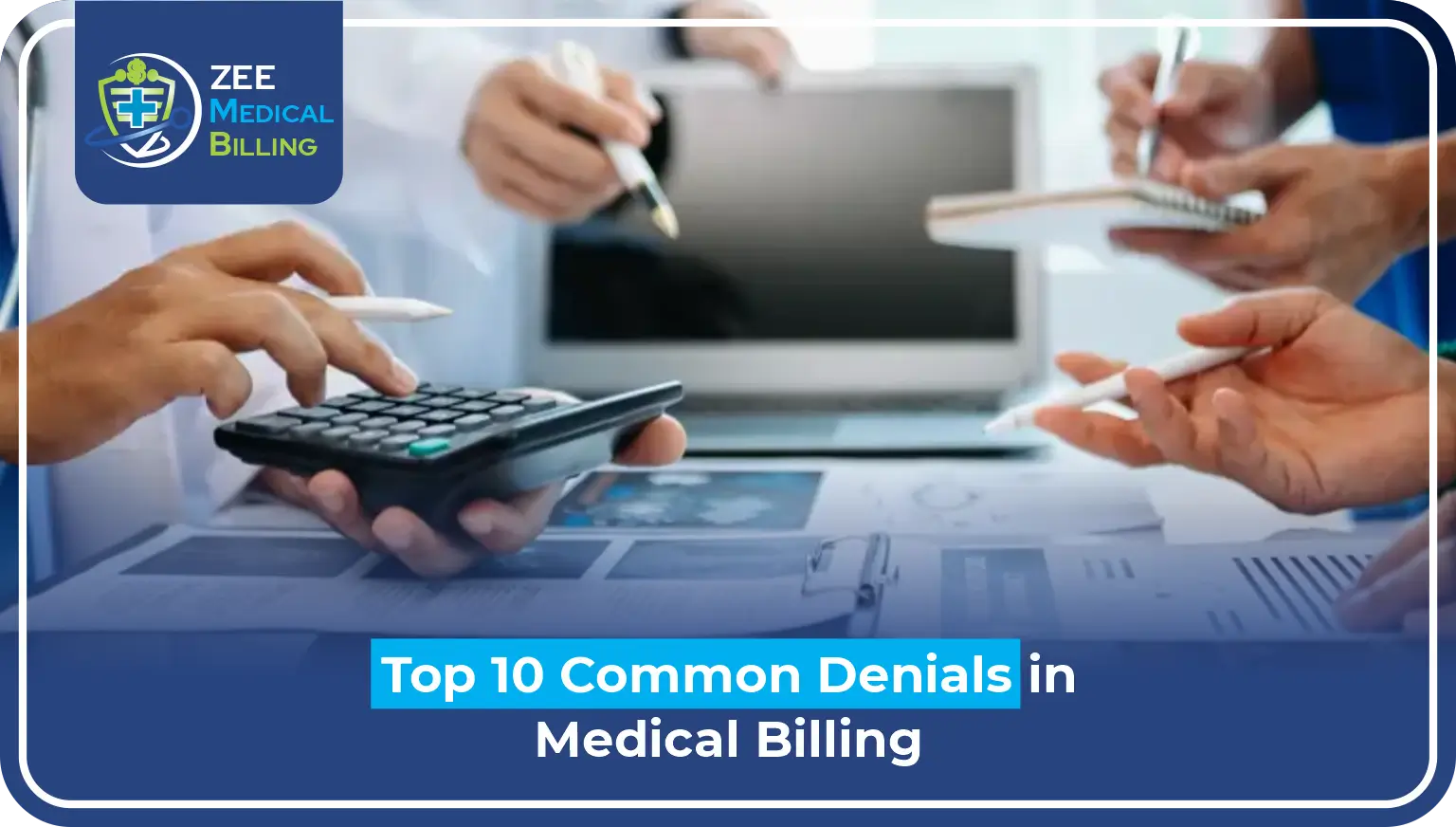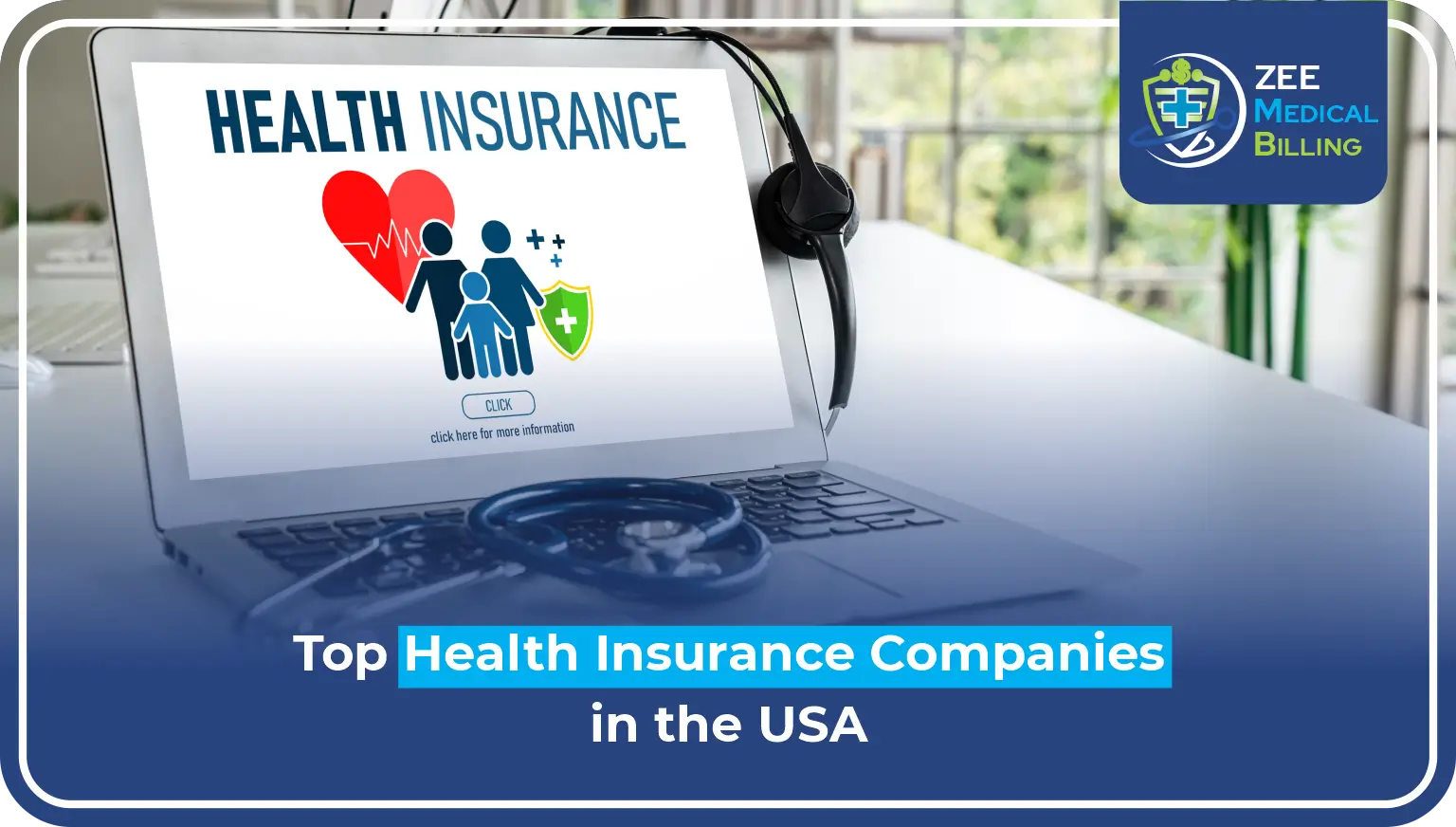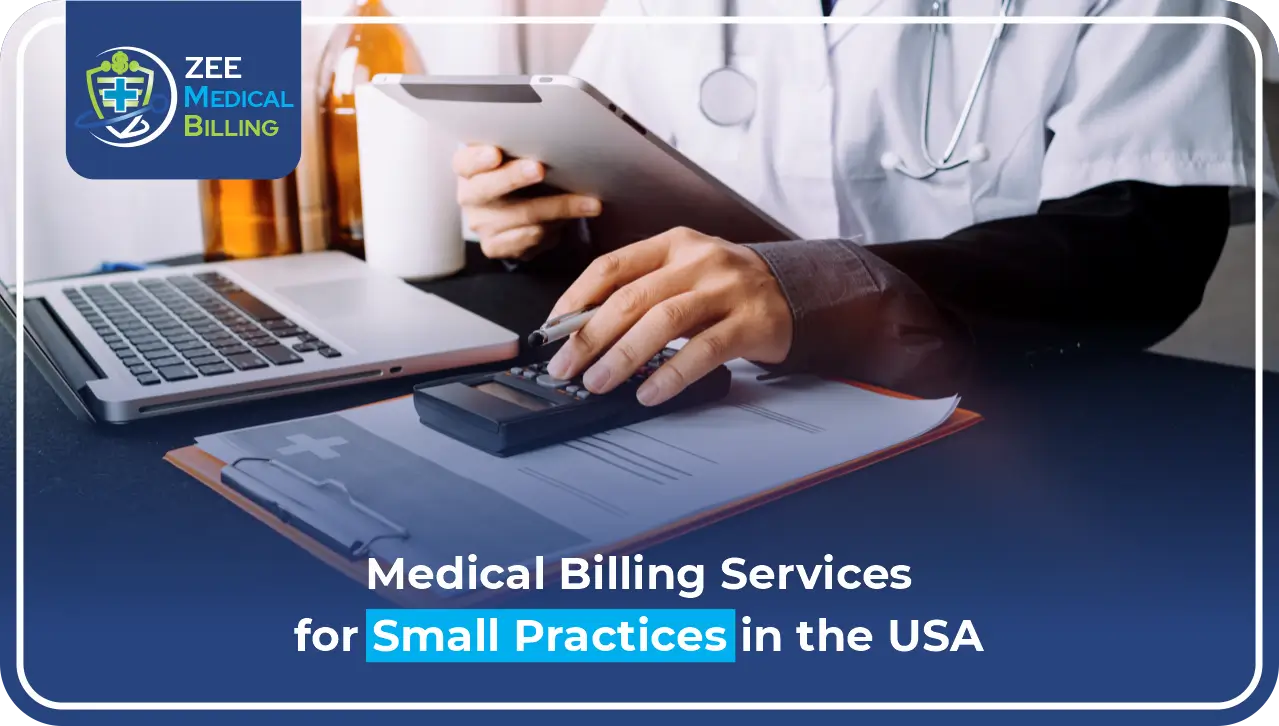How to Speed Up High-Volume Claims
Introduction to Urgent Care Medical Billing
The healthcare landscape has witnessed remarkable growth in urgent care centers, with facilities experiencing a 7% annual growth rate since 2019. This rapid expansion brings unique billing challenges that require specialized attention and expertise to maintain financial stability.
Urgent care medical billing represents a complex intersection of high-volume patient processing, diverse service offerings, and stringent insurance requirements. Unlike traditional healthcare settings, urgent care centers must manage billing for everything from minor injuries to complex diagnostic procedures while maintaining quick turnaround times that patients expect.
The financial success of urgent care centers heavily depends on efficient billing processes. When billing systems fail to keep pace with patient volume, centers face delayed payments, increased denials, and compromised revenue streams that threaten operational viability.
Understanding the Unique Challenges of Urgent Care Billing
High Patient Volume and Quick Turnaround Requirements
Urgent care centers face a fundamental challenge that sets them apart from other medical facilities: processing enormous patient volumes while maintaining rapid service delivery. Research shows that over 70% of urgent care patients wait less than 20 minutes for treatment, creating intense pressure on clinical and administrative staff.
This high-volume, fast-paced environment creates billing complexities that traditional medical practices rarely encounter. Staff must capture complete patient information, verify insurance coverage, and document services accurately while patients expect immediate attention. The margin for error becomes incredibly slim when processing hundreds of claims daily.
The challenge intensifies when urgent care centers operate extended hours, including evenings and weekends, when insurance verification systems may have limited availability. This timing mismatch can lead to incomplete information capture, resulting in claim delays or denials.
Complex Coding Requirements for Multiple Services
Urgent care centers provide extensive services requiring precise medical coding expertise. From simple consultations to complex procedures, each service must be coded correctly using appropriate CPT codes, ICD-10 diagnosis codes, and applicable modifiers.
Complexity increases because urgent care visits often involve multiple services during single encounters. A patient might receive evaluation, diagnostic test, procedure, and medication administration in one visit. Each component requires separate coding, and relationships between services must be clearly established for proper reimbursement.
Additionally, urgent care centers must stay current with frequent coding updates. Maintaining coding accuracy across high patient volumes while staying compliant with latest requirements presents significant operational challenges requiring specialized knowledge and continuous training.
Key Components of Urgent Care Medical Billing Services
Patient Registration and Insurance Verification
Successful urgent care billing begins at patient entry. Comprehensive registration systems must capture basic demographic information plus detailed insurance coverage data, emergency contacts, and relevant medical history supporting proper billing procedures.
Modern registration processes rely on digital intake systems that streamline data collection while reducing errors. These systems automatically verify insurance coverage, check active policies, and identify coverage limitations affecting patient visits. This upfront verification prevents billing complications emerging later in the revenue cycle.
Effective systems also capture patient payment responsibilities, including copayments, deductibles, and co-insurance amounts. By establishing financial responsibilities at point of service, urgent care centers improve collection rates and reduce post-service billing burdens.
Accurate Medical Coding and Documentation
Medical coding accuracy forms the cornerstone of successful urgent care billing operations. Each service must be translated into appropriate medical codes that insurance companies can process and reimburse efficiently. This requires deep knowledge of coding relationships, medical necessity requirements, and payer-specific guidelines.
Documentation quality directly impacts coding accuracy and reimbursement rates. Healthcare providers must document what services were provided and why those services were medically necessary. Documentation serves as the foundation for code selection and provides evidence needed to support claims during reviews or appeals.
The episodic nature of urgent care visits requires particularly stringent documentation standards. Each encounter must include detailed patient histories, examination findings, diagnostic test results, and treatment plans justifying medical necessity of all services rendered.
Strategies to Speed Up High-Volume Claims Processing
Implementing Advanced Billing Software Solutions
Modern billing software solutions have transformed urgent care centers’ ability to handle high-volume claims processing efficiently. These comprehensive systems integrate multiple functions from patient registration through final payment posting, creating seamless workflows that minimize manual intervention and reduce processing errors.
Advanced billing software provides real-time claim status tracking, enabling staff to identify and address issues before they result in denials or delays. Systems can automate routine tasks such as eligibility verification, claim status inquiries, and payment posting, freeing staff to focus on complex billing challenges requiring human expertise.
Effective billing software offers customizable workflows adapting to each urgent care center’s specific operational needs, whether processing 50 patients daily or 500, while maintaining processing accuracy and efficiency standards.
Real-Time Eligibility Verification
Real-time eligibility verification systems provide immediate access to patient insurance information, enabling urgent care centers to verify coverage and benefits before service delivery. This upfront verification prevents billing complications and improves patient satisfaction by providing clear financial expectations.
These systems identify coverage limitations, prior authorization requirements, and patient financial responsibilities in real-time. This information enables staff to collect appropriate payments at service time and inform patients about services that might not be covered, reducing future collection challenges.
Common Urgent Care Billing Errors and How to Avoid Them
Incorrect CPT Coding Issues
CPT coding errors represent one of the most frequent sources of claim denials in urgent care settings. These errors stem from using outdated codes, selecting inappropriate codes for services provided, or failing to use necessary modifiers clarifying specific services performed during patient encounters.
The rapid pace of urgent care environments contributes to coding errors when staff feel pressured to process patients quickly. However, rushing through coding selection often results in claim denials requiring significantly more time to resolve than accurate initial coding would require.
Prevention strategies include maintaining current coding references, providing regular training updates for coding staff, implementing software systems that flag potentially problematic code combinations, and conducting regular audits to identify patterns before they result in significant denials.
Missing or Incomplete Patient Information
Incomplete patient information creates cascading problems throughout the billing process that can result in significant revenue delays. Missing insurance information, incorrect demographic data, or incomplete contact information can all result in claim delays or denials requiring extensive follow-up to resolve.
The urgent nature of patient visits can make comprehensive information gathering challenging. However, implementing systematic information collection processes supported by technology ensures that critical data is captured consistently regardless of situational pressures or time constraints.
Benefits of Outsourcing Urgent Care Medical Billing
Outsourcing urgent care medical billing provides significant cost advantages, particularly for smaller centers lacking volume to justify full-time, specialized billing staff. Professional billing companies achieve economies of scale that individual centers cannot match, often resulting in lower overall billing costs despite service fees.
Studies show that facilities using professional billing services typically achieve 3-5% higher collection rates compared to in-house operations, while reducing billing costs by 15-30%. Benefits extend beyond direct labor savings, eliminating expenses for billing software licenses, ongoing training costs, and infrastructure required to support internal billing operations.
Professional medical billing companies maintain staff with deep expertise in urgent care billing requirements and industry best practices. This specialized knowledge includes understanding complex coding requirements, insurance company procedures, regulatory compliance issues, and payer-specific policies differing significantly from other healthcare settings.
ZEE Medical Billing: Your Trusted Urgent Care Billing Partner
Comprehensive Service Offerings
ZEE Medical Billing specializes in providing comprehensive urgent care medical billing services designed specifically to address unique challenges faced by urgent care facilities across the United States. Their specialized urgent care billing services encompass complete revenue cycle management processes, from initial patient registration through final payment posting and collection activities.
ZEE Medical Billing focuses on addressing common urgent care challenges including incorrect documentation, missing charges, and under-coding issues that significantly impact revenue. Their comprehensive approach includes accurate data entry, detailed billing reports, completion of claims, payments and audits, claims follow-up, and appeals management.
Their services are specifically designed to reduce denials, boost revenue, improve transparency, reduce billing errors, enhance cash flow, and provide advanced reporting capabilities enabling data-driven decision making. The company offers scalable solutions catering to needs of both small and large urgent care practices, with capacity to handle billing for multiple urgent care centers.
Proven Performance Metrics
ZEE Medical Billing demonstrates exceptional performance in urgent care billing operations, consistently achieving industry-leading metrics that translate to improved financial outcomes for clients. Their systematic approach includes documentation review and accuracy verification, claims filing and confirmation processes, payment posting and follow-up procedures, and timely resolution services.
The company’s commitment to rapid problem resolution is evident in their 24-hour response time for handling rejected payments, partial payments, and incorrect payments. This quick turnaround minimizes revenue delays and optimizes cash flow for urgent care facilities, enabling them to maintain operational stability while focusing on patient care delivery.
ZEE Medical Billing’s partnership approach goes beyond traditional billing services, working closely with clients to develop customized solutions meeting specific operational goals and financial objectives. Their proven track record demonstrates measurable improvements in collection rates, denial reduction, and overall revenue cycle performance.
Technology Solutions for Urgent Care Billing Excellence
Cloud-Based Platforms and EHR Integration
Cloud-based billing platforms have revolutionized urgent care billing by providing scalable, accessible, and cost-effective solutions adapting to varying operational demands. These platforms eliminate needs for expensive on-site servers and IT infrastructure while providing enterprise-level capabilities to centers of all sizes.
EHR integration creates seamless data flow between clinical and billing operations, reducing manual data entry requirements and minimizing errors occurring when information must be transferred between separate systems. This integration enables real-time billing processes that significantly accelerate revenue cycles.
Integrated systems automatically populate billing information based on clinical documentation, reducing time required for claim preparation while improving coding accuracy. These systems also flag incomplete documentation or missing information before claims are submitted, preventing delays and denials that would otherwise require time-consuming follow-up procedures.
Compliance and Key Performance Indicators
HIPAA compliance represents a fundamental requirement for all urgent care billing operations, requiring comprehensive safeguards for protected health information throughout entire billing processes. These requirements extend to all aspects of billing operations, from initial patient registration through final payment processing and record retention procedures.
Effective urgent care billing operations require systematic performance monitoring using key metrics providing insights into operational efficiency and financial performance. Critical KPIs include claim denial rates, average days in accounts receivable, collection rates, and percentage of claims paid on first submission.
Claim denial rates serve as primary indicators of billing quality and can highlight areas requiring process improvement or additional staff training. Industry benchmarks suggest well-managed urgent care centers should maintain denial rates below 8%, with top-performing centers achieving rates below 5% through systematic quality assurance processes.
Average days in accounts receivable measures time between service delivery and payment receipt, providing insights into revenue cycle efficiency and cash flow management. Urgent care centers should target accounts receivable days below 35, with best-in-class operations achieving 25 days or fewer through optimized billing processes.
Conclusion
The success of urgent care centers increasingly depends on their ability to manage high-volume billing operations efficiently while maintaining accuracy and compliance with complex regulatory requirements. As patient volumes continue growing and insurance requirements become more sophisticated, the importance of specialized urgent care medical billing expertise will only continue to increase.
Effective urgent care billing requires comprehensive approaches addressing everything from front-end patient registration through final payment posting and collection activities. Integration of advanced technology solutions, specialized expertise, and systematic performance monitoring creates foundations for financial success in today’s competitive healthcare environment.
Whether managed internally or through strategic outsourcing partnerships with experienced providers like ZEE Medical Billing, urgent care billing operations must be designed to handle unique challenges of this healthcare model while supporting continued growth and expansion characterizing the industry. Centers investing in optimizing their billing operations will be better positioned to achieve financial goals while maintaining focus on providing accessible, high-quality patient care to their communities.
Frequently Asked Questions (FAQs)
1. What makes urgent care billing different from other medical specialties? Urgent care billing is unique due to high patient volume, walk-in populations, diverse case mix, and need for rapid processing without compromising accuracy.
2. How can urgent care centers reduce claim denial rates? Implement real-time insurance verification, ensure accurate coding and documentation, use automated claim scrubbing, and partner with experienced billing services.
3. What are the main benefits of outsourcing urgent care billing? Cost savings of 15-30%, improved collection rates by 3-5%, access to specialized expertise, and ability to focus on patient care rather than administrative tasks.
4. What technology features are essential for urgent care billing? EHR integration, real-time eligibility verification, automated claim processing, comprehensive reporting, and cloud-based accessibility for operations.
5. How do you measure success in urgent care billing operations? Monitor denial rates (target <8%), days in AR (target <35), collection rates (target >95%), and first-pass claim acceptance rat
Follow Us
- Instagram: @zee_medical_billing
- Facebook: ZeeMedicalBilling
- YouTube: Zee Medical Billing Channel
- Twitter/X: @BillingZee
- LinkedIn: Zee Medical Billing Company
